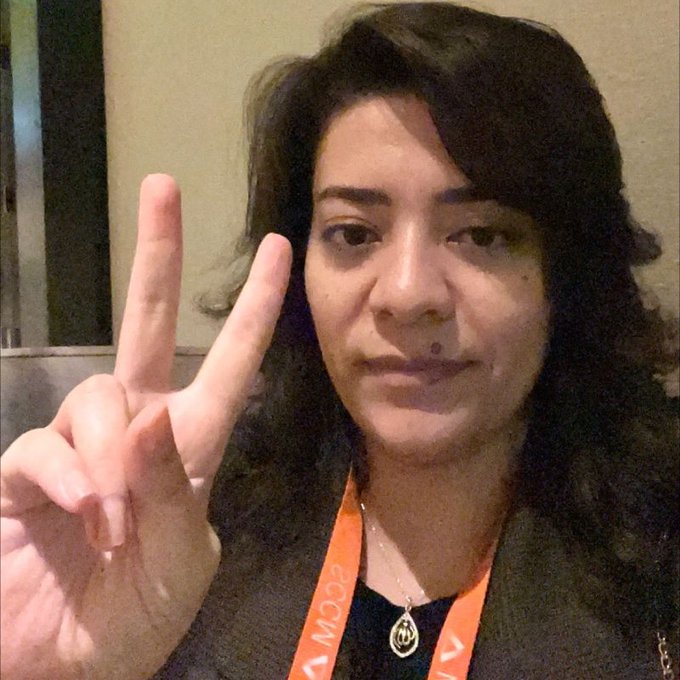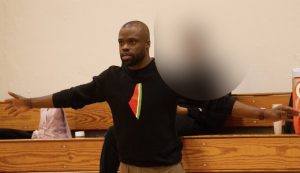A University of Texas Southwestern Medical Center student, Nada Hammouda, faces backlash for posting antisemitic remarks on her LinkedIn page, including baseless allegations of child sex and organ trafficking against Zionism.
Who is Nada Hammouda?
Nada Hammouda, a PhD candidate at the University of Texas Southwestern Medical Center, has sparked controversy with recent antisemitic remarks posted on her LinkedIn page. Among her unfounded claims are accusations of child sex and organ trafficking against Zionism, reflecting a disturbing pattern of conspiracy theories.
Also read | Who is Sagiv Yehezkel? Israeli soccer star contract terminated by Turkish club Antalyaspor
In her posts, Hammouda alleges that Israel’s occupation forces engage in the rape of Palestinian prisoners, accusing Israeli soldiers of heinous acts. Additionally, she makes baseless claims about the existence of a high density of pedophiles in Israel, escaping US imprisonment through a purported legal loophole. Such allegations lack credible evidence and have been widely condemned.
Hammouda further extends her accusations to Israeli forces, claiming widespread rape of women and children, even referencing specific incidents without verifiable evidence. Her posts also touch on the Talmud, making sweeping and derogatory statements about non-Jews, revealing a disturbing perspective.
The antisemitic nature of Hammouda’s posts has drawn attention not only for their content but also for their platform on a professional networking site. Colleagues, particularly those of Jewish descent, may find her remarks deeply offensive and damaging to the university’s reputation.
Also read | Who is Bill Schretter?
This incident follows a broader trend of rising antisemitism, prompting concerns from various quarters. Famed economist Larry Summers, a former president of Harvard, recently criticized the appointment of Derek Penslar as co-chair of a task force on antisemitism, illustrating the ongoing scrutiny faced by educational institutions in addressing such issues.
As the controversy surrounding Hammouda unfolds, it raises questions about the responsibility of individuals, especially those in academic settings, to engage in respectful discourse and avoid spreading unfounded conspiracy theories that perpetuate hatred and discrimination.







